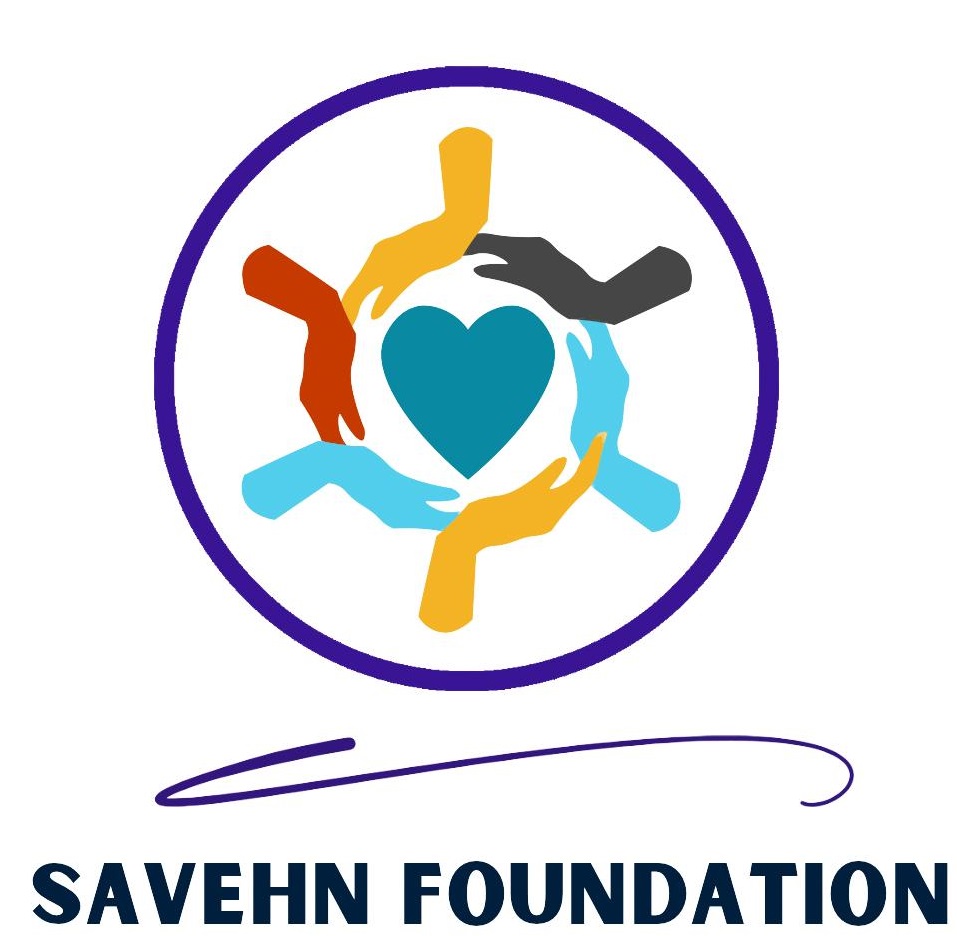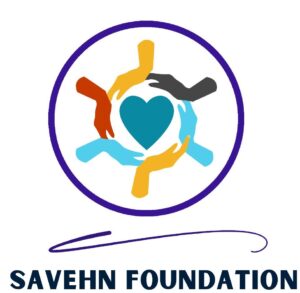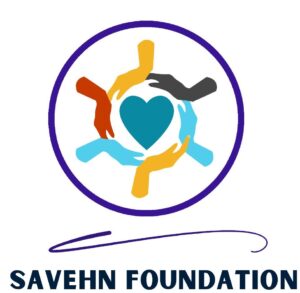
Partnering Professionals
Our collaborating professionals commit to assisting families in need by offering a minimum discount of 75% on their fees. For additional details or to join our team, please get in touch with us.

Additional Resources

Frequently Asked Questions
Parents possess a deep understanding of their teenagers and should always rely on their instincts. It’s essential to reach out to your teen’s pediatrician to discuss any concerns or schedule a check-up to rule out underlying health issues contributing to behavioral changes. Typical teenage behavior encompasses emotional fluctuations, alterations in appearance, some withdrawal from family interactions, a heightened focus on friendships, increased disagreements, and a yearning for independence. Conversely, abnormal behaviors may manifest as self-destructive tendencies, defiance, inclination to blame others, drastic shifts in sleep patterns, excessive anxiety, loss of interest in hobbies, declining academic performance, and social isolation.
Wilderness therapy, also referred to as outdoor behavioral healthcare, offers adventure-based treatment aimed at assisting adolescents in overcoming emotional, adjustment, addiction, and psychological challenges. This approach integrates interpersonal self-improvement within a wilderness environment, blending experiential education with individual and group therapy. On the other hand, teen boot camps are brief, intensely structured rehabilitation programs adopting a military-style format. They focus on instilling respect for authority and teaching teens to confront the consequences of their actions. Boot camps often push participants to their physical limits.
Savehn highly recommends that families reach out to an Educational Consultant for assistance in selecting the most suitable program. Educational Consultants possess extensive knowledge about a wide range of services, programs, after-care support systems, and post-treatment placements. Many consultants are equipped to guide both the client and their family through various levels of care. Their role involves helping families explore, assess, and engage with the most appropriate wrap-around services, whether they be in-home placements, day treatment options, or residential treatment facilities. This process typically involves conducting interviews, assessing family dynamics, evaluating programs, conducting research, considering professional experience, and ultimately presenting families with a curated selection of options tailored to their specific needs and circumstances.
The cost of treatment varies depending on factors such as the type of program, its location, and the amenities offered. For residential treatment centers, prices can span a wide spectrum, ranging from rare instances of free services to tens of thousands of dollars per month. Wilderness programs generally entail costs of $500 to $600 or more per day, in addition to equipment fees. Long-term therapeutic schooling, often pursued after wilderness programs, can range from $6,000 to $12,000 per month.
While many programs do offer financial aid, scholarships, financing options, and accept insurance, it’s important to note that assistance is often limited and may not always be available. Families should inquire directly with the program to explore potential avenues for financial support and to understand the extent of assistance that may be available.
Your educational consultant and/or program staff will play a crucial role in guiding you through this decision-making process. In many cases, professional transportation services may be necessary to pick up your teenager and transport them to the chosen program. These transportation services typically incur a cost of approximately $5,000.
Health insurance coverage varies by carrier and by the policy. Call your specific insurance plan’s provider and request information regarding mental health and/or addiction treatment options. Or, if you are already in contact with a treatment program, ask their admissions representative to check and verify your coverage.
Before your teenager completes the program, their therapist will offer recommendations for ongoing care and discuss transition options. Aftercare or step-down programs are strongly advised to assist teenagers in smoothly transitioning back to their home environment. This approach helps to mitigate the abrupt shift from the structured treatment setting to the challenges of the real world.

